CHAIRS & SPEAKERS
BIOgraphies
Conference & Exhibition
June 10-12
Tutorials & Workshops
June 13
BIOGRAPHIES
DAVID ABRAMSON
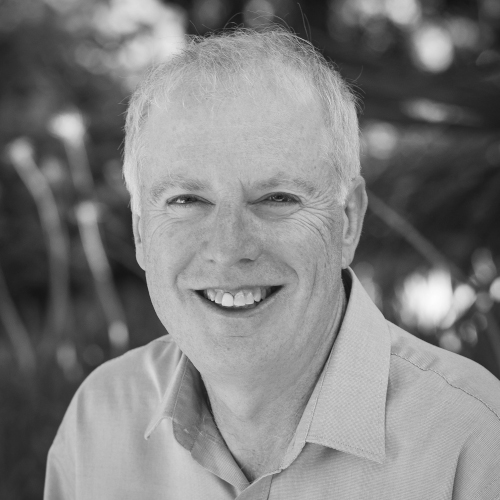
Emeritus Professor of Computer Science; University of Queensland, Australia
David, ISC 2025 Jack Dongarra Early Award Committee member, is Emeritus Professor of Computer Science at the University of Queensland, Australia.
He has held appointments at Griffith University, CSIRO, RMIT and Monash University. Prior to joining UQ, he was the Director of the Monash e-Education Centre, Science Director of the Monash e-Research Centre, and a Professor of Computer Science in the Faculty of Information Technology at Monash.
David has expertise in High Performance Computing, distributed and parallel computing, computer architecture and software engineering.
He has produced in excess of 230 research publications, and some of his work has also been integrated in commercial products. One of these, Nimrod, has been used widely in research and academia globally, and is also available as a commercial product, called EnFuzion, from Axceleon.
His world-leading work in parallel debugging is sold and marketed by Cray Inc, one of the world’s leading supercomputing vendors, as a product called ccdb.
David is a Fellow of the Association for Computing Machinery (ACM), the Institute of Electrical and Electronic Engineers (IEEE), the Australian Academy of Technology and Engineering (ATSE), and the Australian Computer Society (ACS).
His hobbies include recreational cycling, photography and making stained glass windows. He is also an amateur playwright, and author of Purely Academic.
SCOTT ATCHLEY
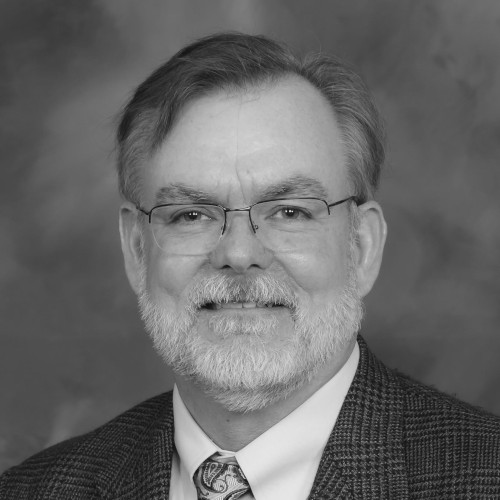
CTO, National Center for Computational Science & Oak Ridge Leadership Computing Facility
Scott Atchley, ISC 2025 Opening Keynote guest speaker, received a MS degree in Computer Science from the University of Tennessee in 2002. He joined Oak Ridge National Laboratory as a HPC Systems Engineer in 2011. He is the team lead for System Architecture, Resilience, and Networking in the Technology Integration group within ORNL’s National Center for Computational Science. His research interests include high-performance interconnects and their interfaces, system architectures, and multi-level memories. Prior to joining ORNL, he was a member of the technical staff at Myricom and a research leader at the University of Tennessee.
SADAF ALAM

Chief Technology Officer (CTO) for Isambard supercomputing Digital Research Infrastructures, University of Bristol, UK
Sadaf Alam, ISC 2025 Research Poster Chair, is Chief Technology Officer (CTO) for Isambard supercomputing Digital Research Infrastructures (DRIs) including Isambard-AI national AI Research Resource (AI RR) and director of strategy and academia in the Advanced Computing Research Centre at the University of Bristol, UK. She is responsible for digital transformation of research computing and data services. Prior to joining Bristol, Dr Alam was the CTO at CSCS, the Swiss National Supercomputing Centre. She was chief architect for two generations of Piz Daint innovative flagship supercomputing facilities and MeteoSwiss operational weather forecasting platforms. From 2004-2009, Dr Alam was a computer scientist at Oak Ridge National Laboratory (ORNL), USA, and a staff scientist at the ORNL Leadership Computing Facility (OLCF). She studied computer science at the University of Edinburgh, UK, where she received her PhD. She was a founding member of the Swiss Chapter of Women in HPC.
ROSA BADIA
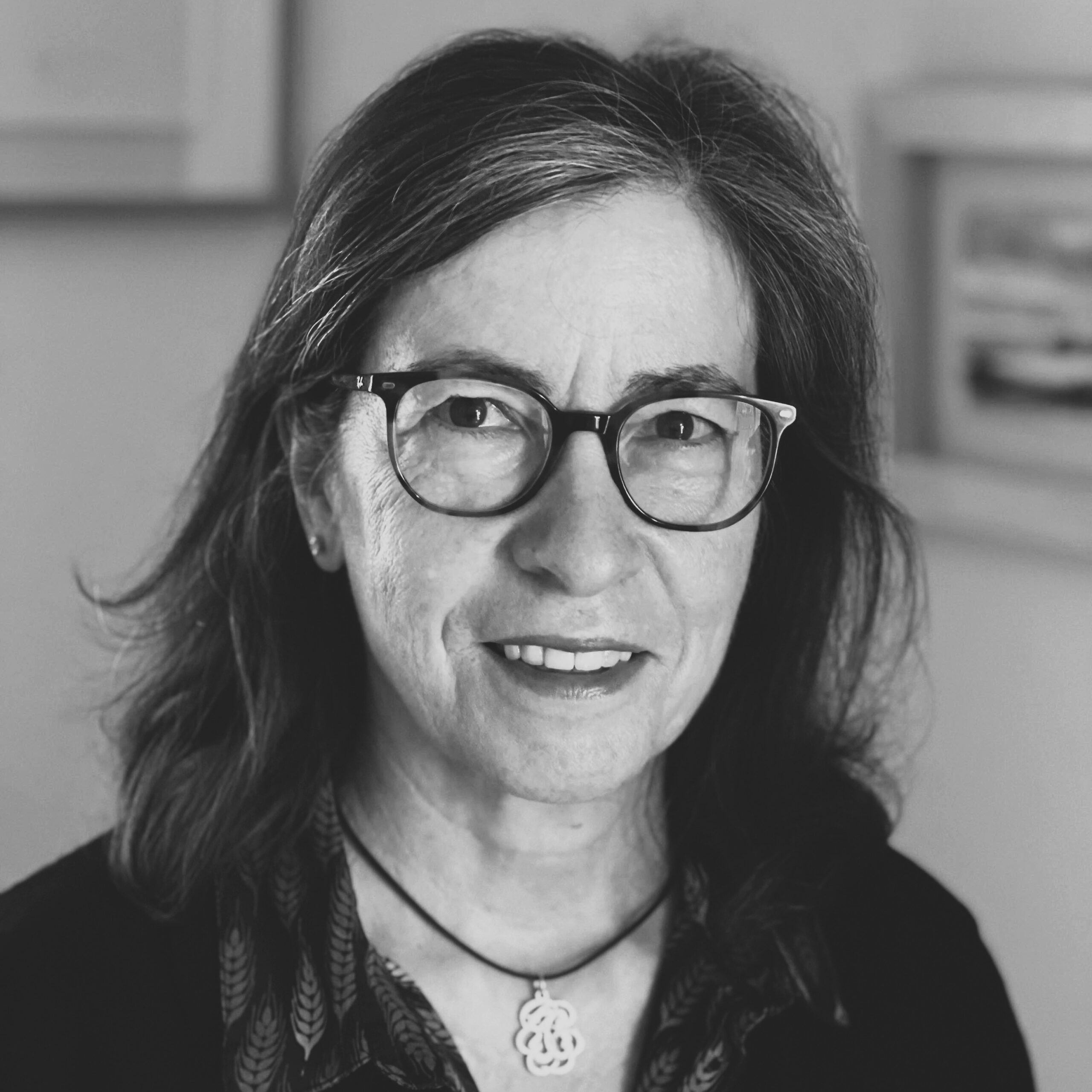
Manager Workflows & Distributed Computing Group, BSC, Spain
Rosa M. Badia, ISC 2025 Program Deputy Chair, manages the Workflows and Distributed Computing research group at the Barcelona Supercomputing Center (BSC), and she is involved in several notable European projects – AI-Sprint, CALESTIS, ICOS, CEEC CoE, PerMedCoE, and DT-GEO. She is the PI of the EuroHPC eFlows4HPC project. Her current research interest is programming models for complex platforms (from multicore GPUs to Grid/Cloud). She has published over 200 papers on her research topics at international conferences and journals. She received the Euro-Par Achievement Award 2019 for her contributions to parallel processing, the DonaTIC award, category Academia/Researcher in 2019, and the HPDC Achievement Award 2021 for her innovations in parallel task-based programming models, workflow applications and systems, and leadership in the HPC research community. In 2023, she was nominated as a member of the Institut d’Estudis Catalans.
PRASANNA BALAPRAKASH
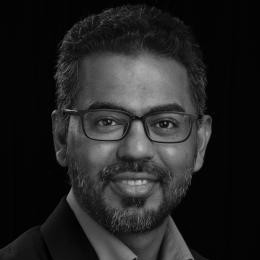
Director of AI Programs and Distinguished R&D Scientist, Oak Ridge National Laboratory, USA
Prasanna Balaprakash, ISC 2025 Topic Area Chair Machine Learning & AI, is the Director of AI Programs and Distinguished R&D Scientist at Oak Ridge National Laboratory, where he directs laboratory research, development and application of artificial intelligence and machine learning (AI/ML) to solve problems of national importance. His research interests span artificial intelligence, machine learning, optimization, and high-performance computing. He is a recipient of the U.S. Department of Energy’s 2018 Early Career Award. Prior to joining Oak Ridge, he was a R&D lead and computer scientist at Argonne National Laboratory. He earned his Ph.D. from CoDE-IRIDIA at the Université Libre de Bruxelles in Brussels, Belgium, where he was a recipient of the European Commission’s Marie Curie and Belgian F.R.S-FNRS Aspirant fellowships.
SANJUKTA BHOWMICK
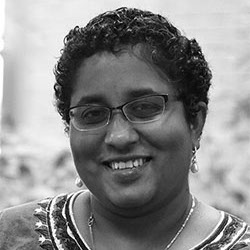
Associate Professor, Computer Science & Engineering Department, University of North Texas, USA
Sanjukta Bhowmick, ISC 2025 Topic Area Chair Algorithms, Methods & Performance, is an Associate Professor in the Computer Science and Engineering department at the University of North Texas. Her current research is on understanding change in complex network analysis, with a focus on developing scalable algorithms for large dynamic networks and developing uncertainty quantification metrics for network analysis.
DAVID BOEHME
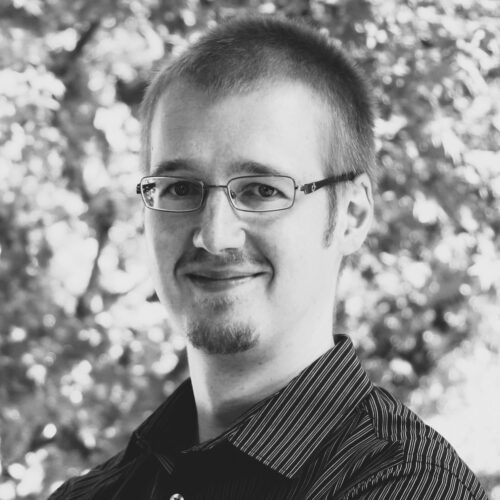
Computer Scientist, Center for Applied Scientific Computing, LLNL, USA
David Boehme, ISC 2025 BoF Chair, is a Computer Scientist at the Center for Applied Scientific Computing at Lawrence Livermore National Laboratory (LLNL). He received a Ph.D. in Computer Science from RWTH Aachen, Germany in 2014, and a Master’s degree in Computer Science from the University of Potsdam, Germany in 2008.
David’s research focuses on scalable tools for parallel programming. His research interests include performance analysis of parallel applications, parallel and distributed architectures, message-passing implementations, tool support for parallel programming, and parallel programming paradigms.
TAISUKE BOKU
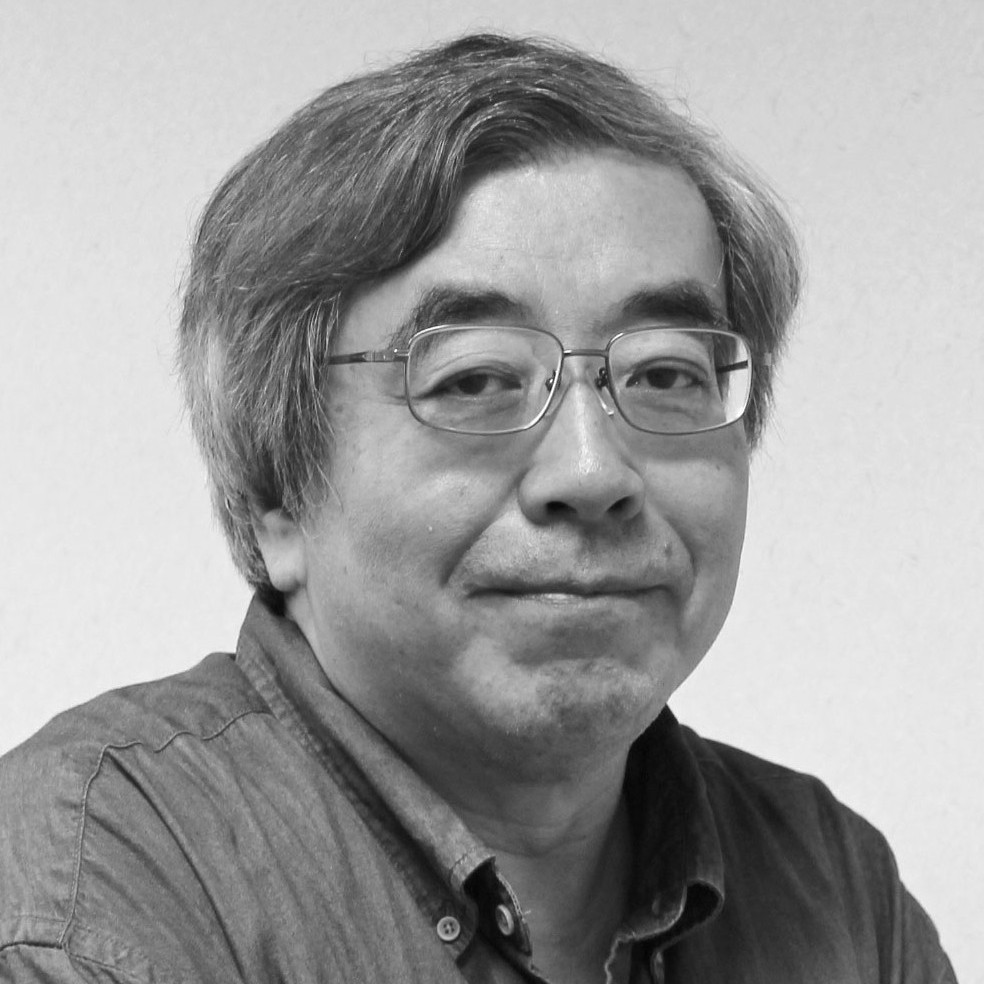
Deputy Director, Center for Computational Sciences, University of Tsukuba, Japan
Taisuke Boku, ISC 2025 Topic Area Chair System Architecture & Hardware Components, received Master and PhD degrees from Department of Electrical Engineering at Keio University. After his carrier as assistant professor in Department of Physics at Keio University, he joined to Center for Computational Sciences (former Center for Computational Physics) at University of Tsukuba where he is currently the deputy director, the HPC division leader and the system manager of supercomputing resources.
He has been working there more than 20 years for HPC system architecture, system software, and performance evaluation on various scientific applications. In these years, he has been playing the central role of system development on CP-PACS (ranked as number one in TOP500 in 1996), FIRST (hybrid cluster with gravity accelerator), PACS-CS (bandwidth-aware cluster) and HA-PACS (high-density GPU cluster) as the representative supercomputers in Japan.
He was the Chair of SIG High Performance Computing at Information Processing Society of Japan from 2006 to 2009, and also Editor in Chief of Transactions on Advanced Computing Systems at Information Processing Society of Japan from 2008 to 2009, leading high performance computing research in Japan.
He also contributed to the system design of K Computer as a member of architecture design working group in RIKEN and currently a member of operation advisory board of AICS, RIKEN. He received ACM Gordon Bell Prize in 2011.
RON BRIGHTWELL
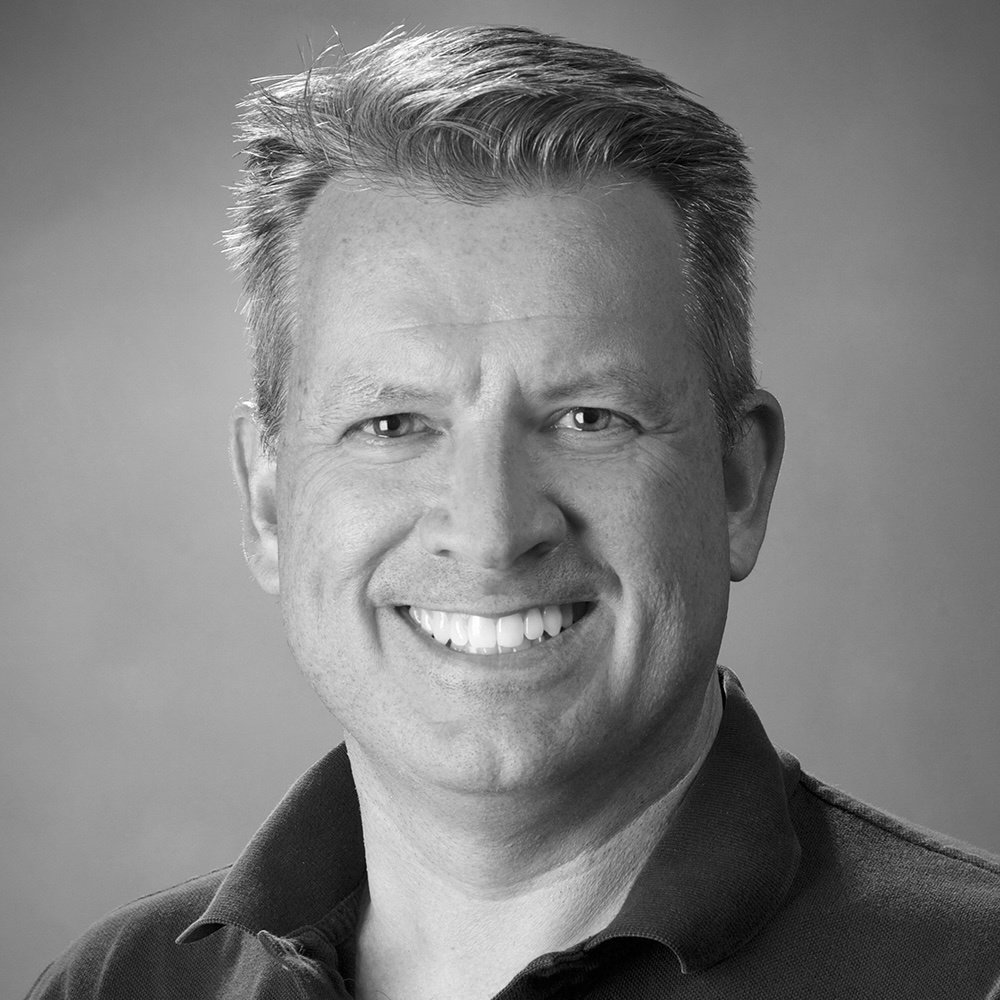
Head of Scalable System Software Department, Sandia National Laboratories, USA
Ron Brightwell, ISC 2025 Topic Area Chair Programming Environments & System Software, leads the Scalable System Software Department in the Center for Computing Research at Sandia National Laboratories. After joining Sandia in 1995, he was a key contributor to the high-performance interconnect software and lightweight operating system for the world’s first terascale system, the Intel ASCI Red machine. He was also part of the team responsible for the high-performance interconnect and lightweight operating system for the Cray Red Storm machine, which was the prototype for the Cray XT product line. He has authored more than 115 peer-reviewed publications. The impact of his research is visible in HPC network technologies from HPE, Nvidia, Cornelis, and Eviden. He has also contributed to the MPI-2, MPI-3, and MPI-4 specifications. He has served on numerous technical and organizing committees for HPC conferences and is a Senior Member of both the IEEE and the ACM.
EWA DEELMAN
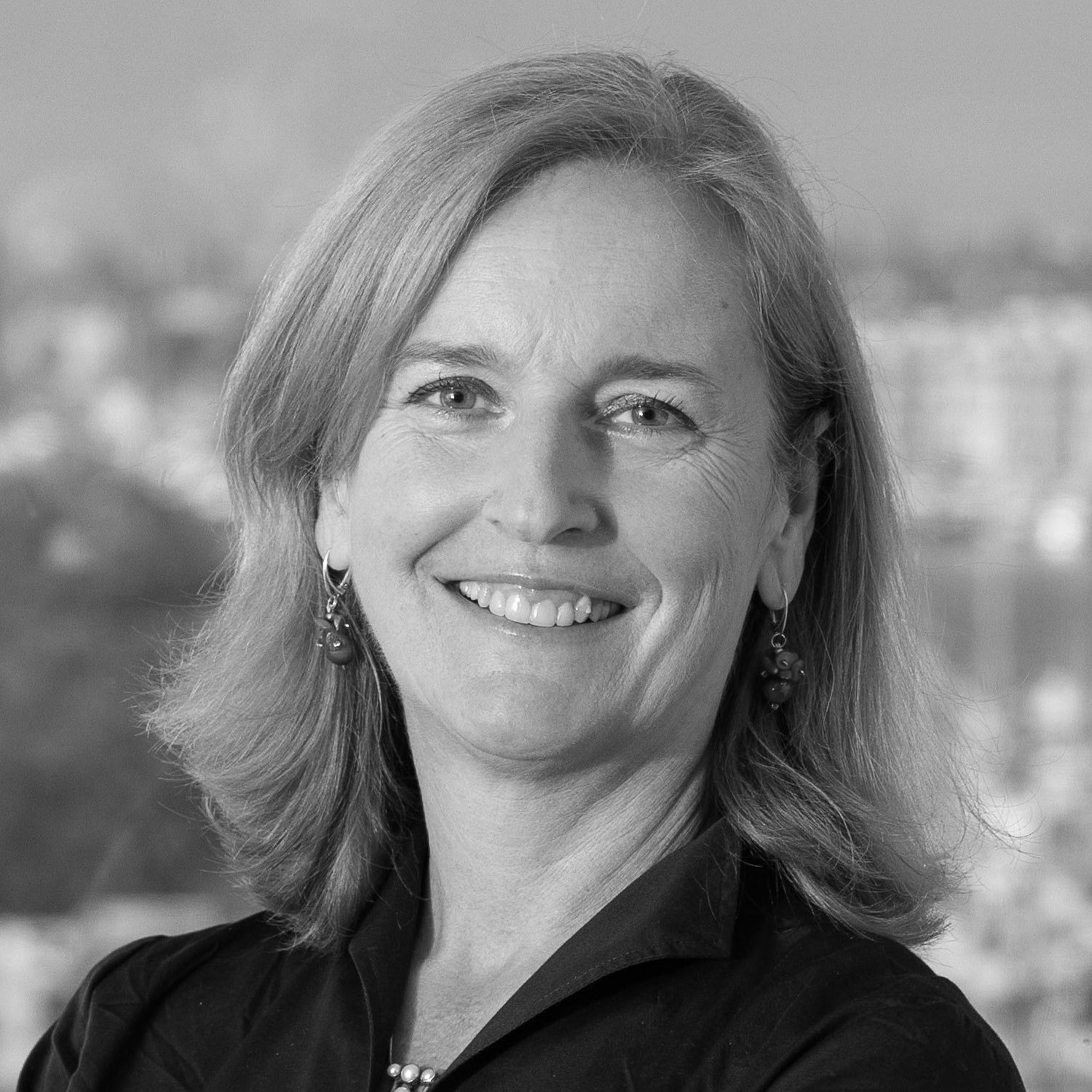
Research Director, Information Sciences Institute (ISI), University of Southern California, USA
Ewa Deelman, ISC 2025 Jack Dongarra Early Award Committee member, received her PhD in Computer Science from the Rensselaer Polytechnic Institute in 1998. Following a postdoc at the UCLA Computer Science Department she joined the University of Southern California’s Information Sciences Institute (ISI) in 2000, where she is serving as a Research Director and is leading the Science Automation Technologies group. She is also a Research Professor at the USC Computer Science Department and an AAAS and IEEE Fellow.
The USC/ISI Science Automation Technologies group explores the interplay between automation and the management of scientific workflows that include resource provisioning and data management. Dr. Deelman pioneered workflow planning for computations executing in distributed environments. Her group has led the design and development of the Pegasus Workflow Management software and conducts research in job scheduling and resource provisioning in distributed systems, workflow performance modeling, provenance capture, and the use of cloud platforms for science.
JACK DONGARRA
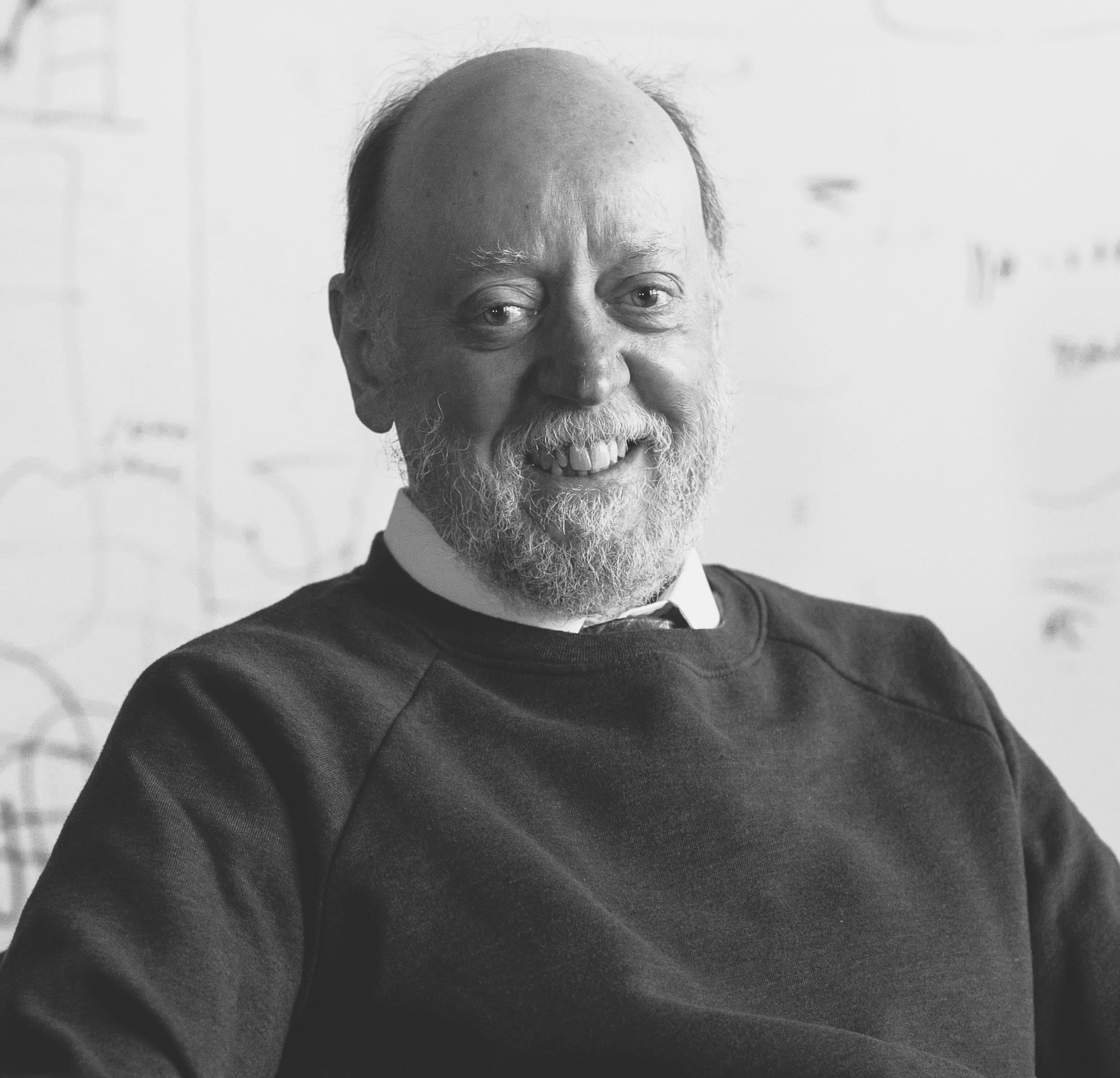
Distinguished Professor, Computer Science at University of Tennessee & Oak Ridge National Laboratory, USA
Jack Dongarra, ISC Fellow and ISC 2025 Jack Dongarra Early Career Award Committee member, is the recipient of the 2021 ACM A.M. Turing Award. ACM bestowed the award for Dongarra’s pioneering contributions to numerical algorithms and libraries that enabled high performance computational software to keep pace with the hardware improvements that have taken place over the last four decades.
Jack holds an appointment at the University of Tennessee, Oak Ridge National Laboratory, and the University of Manchester. He specializes in numerical algorithms in linear algebra, parallel computing, use of advanced-computer architectures, programming methodology, and tools for parallel computers. He was awarded the IEEE Sid Fernbach Award in 2004; in 2008 he was the recipient of the first IEEE Medal of Excellence in Scalable Computing; in 2010 he was the first recipient of the SIAM Special Interest Group on Supercomputing’s award for Career Achievement; in 2011 he was the recipient of the IEEE Charles Babbage Award; in 2013 he received the ACM/IEEE Ken Kennedy Award; and in 2019 he received the ACM/SIAM Computational Science and Engineering Prize. He is a Fellow of the AAAS, ACM, IEEE, and SIAM and a foreign member of the Russian Academy of Science, a foreign member of the UK Royal Society, a member of the US National Academy of Engineering, and a member of the US National Academy of Sciences.
Torsten Hoefler
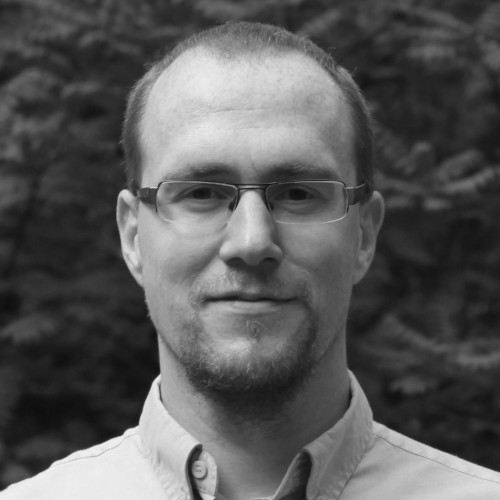
Professor of Computer Science, ETH Zurich, Switzerland
Torsten Hoefler, ISC 2025 Program Chair & Jack Dongarra Early Career Award Committee member, is a Professor of Computer Science at ETH Zurich, a member of Academia Europaea, and a Fellow of the ACM and IEEE. His research interests revolve around the central topic of “Performance-centric System Design” and include scalable networks, parallel programming techniques, and performance modeling. Torsten won best paper awards at the ACM/IEEE Supercomputing Conference SC10, SC13, SC14, SC19, SC22, EuroMPI’13, HPDC’15, HPDC’16, IPDPS’15, and other conferences. He published numerous peer-reviewed scientific conference and journal articles and authored chapters of the MPI-2.2 and MPI-3.0 standards. He received the IEEE CS Sidney Fernbach Award, the ACM Gordon Bell Prize, the ISC Jack Dongarra award, the Latsis prize of ETH Zurich, as well as both ERC starting and consolidator grants. He recently received the Max Planck-Humboldt medal of Germany. Additional information about Torsten can be found on his homepage at htor.inf.ethz.ch.
YUTONG LU

Yutong Lu, ISC 2025 Closing Keynote speaker & Jack Dongarra Early Career Award Committee member, holds an appointment as a professor in the Department of Computer Science and Engineering at Sun Yat-Sun University, China. She also serves as the Director of the National Supercomputing Center in Guangzhou and Shenzhen.
Professor Lu specializes in high performance computing, which mainly include the design and application of advanced computer architectures, programming methods, and parallel computing environments. Her extensive research and development experience has spanned several generations of domestic supercomputers. She played a key role as the deputy chief designer of the Tianhe 2 supercomputer, which achieved the remarkable distinction of ranking No.1 in the world on the TOP500 List for six consecutive times. Throughout her career, she has been dedicated to bridging the gap between computing and various scientific disciplines. Her efforts have facilitated significant breakthroughs in climate modeling, bioinformatics, and materials science, among other fields. Her work has enhanced the performance and efficiency of supercomputers and made these powerful tools more accessible to a broader range of researchers and industry users.
Professor Lu has been recognized as ISC Fellow and CCF Fellow. She is a member of the Expert Committee of China’s National Key R&D Program. She has won several national awards for science and technology advancement and is currently leading several research projects under the support of the Ministry of Science and Technology and the National Natural Science Foundation. Prof. Lu’s ongoing research interests are focused on the cutting-edge next-generation architectures, as well as the convergence of advanced AI and HPC systems and applications.
DIANA MOISE
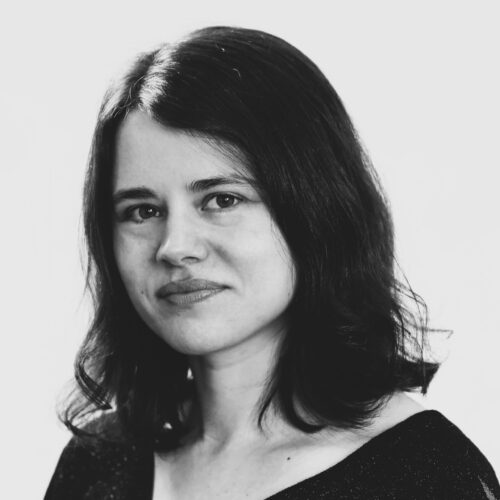
Principal Technologist at Hewlett Packard Enterprise
Diana Moise, ISC 2025 Tutorial Chair, is a Principal Technologist at Hewlett Packard Enterprise (formerly Cray Inc.) working on benchmarking, performance optimization and scalability of scientific applications and AI workloads. Diana received a PhD in Computer Science from Ecole Normale Superieure / INRIA Rennes in 2011. At HPE, Diana’s work focuses on deep learning optimization at scale and on developing and applying DL tools to scientific problems. Other interests include performance optimization and estimation of current (exascale) and future architectures for HPC and AI, exploring the applicability of computer vision, natural language processing, pattern recognition, graph analytics, machine learning algorithms to a wide variety of scientific data and tasks.
SARAH NEUWIRTH
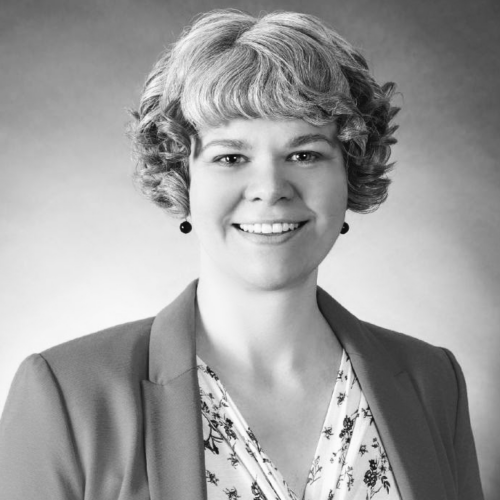
Full Professor for Computer Science, Johannes Gutenberg University Mainz, Germany
Sarah Neuwirth, ISC 2025 Workshop Chair, is a Full Professor for Computer Science and Chair of the “High Performance Computing and its Applications” research group at Johannes Gutenberg University Mainz (JGU). Among her responsibilities are the advancement of high-performance computing at JGU and the coordination of JGU’s HPC activities at national and international levels. Sarah also serves as the Co-Director of the NHR@SW HPC Center. In 2018, Sarah completed her PhD in computer science at Heidelberg University. Her research interests include parallel I/O and storage systems, modular supercomputing, performance engineering, reproducible benchmarking, and parallel programming models. For her outstanding contributions to HPC, Sarah was awarded the “2023 PRACE Ada Lovelace Award for HPC” and the “ZONTA Science Award 2019”. She has participated in numerous research collaborations as co-PI, including working with: Jülich Supercomputing Centre (DEEP Project Series, EUPEX), ORNL, BITS Pilani Goa Campus, LLNL, and Virginia Tech.
SATOSHI MATSUOKA
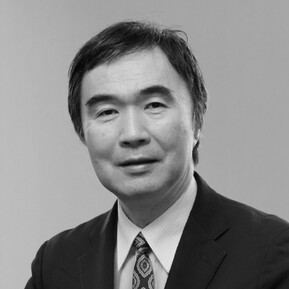
Director, Riken Center for Computational Science (R-CCS), Japan
Satoshi Matsuoka, ISC Fellow and ISC 2025 Jack Dongarra Early Career Award Committee member, is director of Riken Center for Computational Science (R-CCS) since April 2018. R-CCS is the Tier-1 national HPC center for Japan, developing and hosting Japan’s flagship ‘Fugaku’ supercomputer which has become the fastest supercomputer in the world in all four major supercomputer rankings in 2020 and 2021 (Top500, HPCG, HPL-AI, Graph500), along with multitudes of ongoing cutting edge HPC research being conducted, including investigating Post-Moore era computing, especially the future FugakuNEXT supercomputer.
He was the leader of the TSUBAME series of supercomputers that had also received many international acclaims, at the Tokyo Institute of Technology, where he still holds a professor position, to continue his research activities in HPC as well as scalable Big Data and AI. His longtime contribution was commended with the Medal of Honor with Purple ribbon by his Majesty Emperor Naruhito of Japan in 2022.
Other accolades include the Fellow positions in societies/conferences ACM, ISC, and the JSSST; the ACM Gordon Bell Prizes in 2011 & 2021; the IEEE-CS Sidney Fernbach Award in 2014 as well as the IEEE-CS Computer Society Seymour Cray Computer Engineering Award in 2022, both being the highest awards in the field of HPC, and the only individual to receive both awards; the Technical Papers Chair and the Program Chair for ACM/IEEE Supercomputing 2009 and 2013 (SC09 and SC13) respectively as well as many other conference chairs, and the ACM Gordon Bell Prize selection committee chair in 2018.
JOSÉ MOREIRA
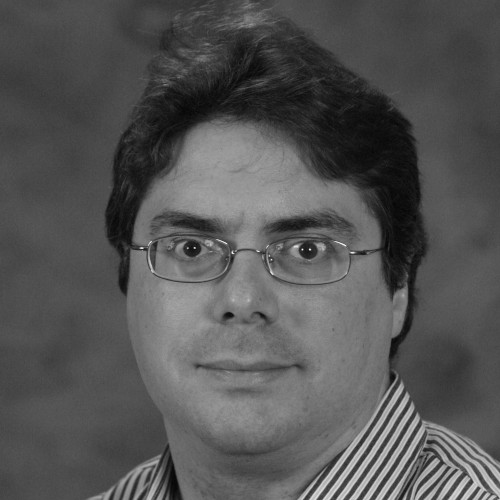
Distinguished Research Staff Member, IBM Thomas J. Watson Research Center, USA
José E. Moreira, ISC 2025 Project Poster Chair, is a Distinguished Research Staff Member at the IBM Thomas J. Watson Research Center. He received a B.S. degree in physics and B.S. and M.S. degrees in electrical engineering from the University of Sao Paulo. He received a Ph.D. degree in electrical engineering from the University of Illinois at Urbana-Champaign. Since joining IBM in 1995, Dr. Moreira has worked on a variety of high-performance systems, including two ASCI systems (Blue Pacific and White) and the Blue Gene/L supercomputer, for which he was the System Software architect. Dr. Moreira has been responsible for various architectural and micro-architectural innovations in the three most recent generations of POWER processors. He conceived the POWER10 matrix unit, the first of its kind in a commercial processor. Dr. Moreira is a Fellow of the IEEE (Institute of Electrical and Electronics Engineers) and a Distinguished Scientist of the ACM (Association for Computing Machinery). He currently serves as Chair of the RISC-V Vector SIG, pursuing various enhancements to the vector processing capabilities of that architecture.
MARK PAPERMASTER
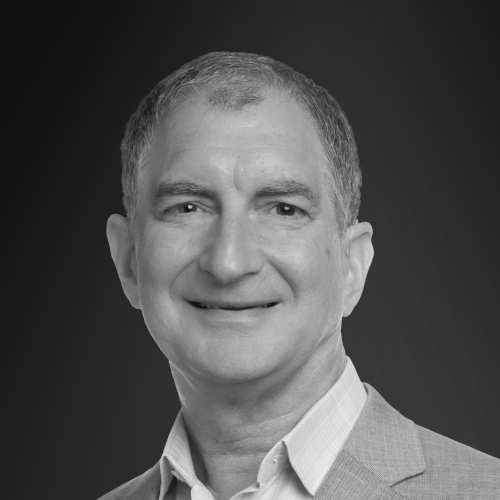
Chief Technology Officer and Executive Vice President of Advanced Micro Devices, AMD, USA
Mark Papermaster is Chief Technology Officer and Executive Vice President responsible for Advanced Micro Devices (AMD) technical direction and product development. He led the re-design of engineering processes at AMD and the development of the award-winning “Zen” high-performance x86 CPU family, high-performance GPUs and the company’s modular design approach, Infinity Architecture. He also oversees Information Technology (IT) that delivers AMD’s compute infrastructure and services.
His 40+ years of engineering experience includes significant leadership roles managing the development of a wide range of products, from microprocessors to mobile devices and high-performance servers. Before joining AMD in October 2011 as Chief Technology Officer and Senior Vice President, Papermaster was the leader of Cisco’s Silicon Engineering Group, Apple Senior Vice President of Devices Hardware Engineering for iPod and iPhone and held multiple IBM roles in technology development including blade server and the microprocessor technology in mainframe, server, and storage products.
In October 2024, he was appointed the Vice Chair of the US Department of Commerce Industrial Advisory Committee (IAC) for the CHIPS for America program. He is also an active member of several boards and committees, including the Global Semiconductor Alliance Board of Directors, IEEE Industry Advisory Board, The University of Texas at Austin Cockrell School of Engineering Advisory Board, The University of Texas President’s Austin Innovation Board, and Purdue University Semiconductor Degrees Leadership Board.
Papermaster received his bachelor’s degree from the University of Texas at Austin and master’s degree from the University of Vermont, both in Electrical Engineering.
MANISH PARASHAR
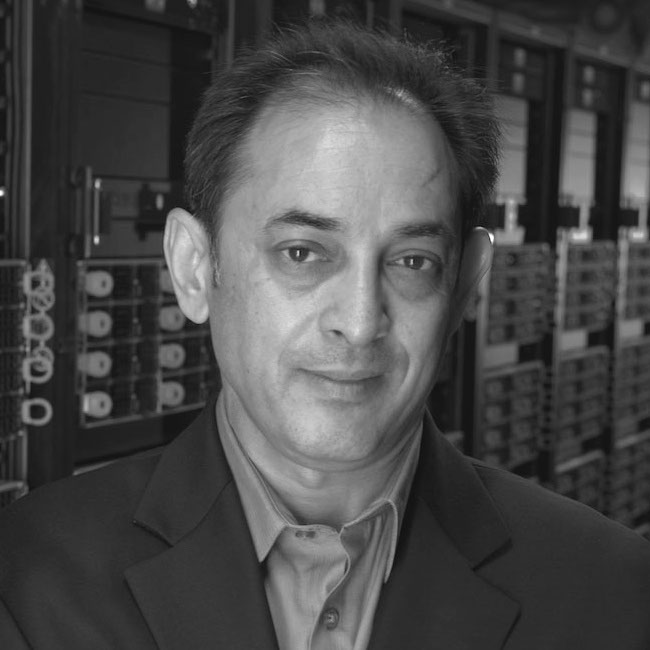
Director of Scientific Computing & Imaging (SCI) Institute, University of Utah, USA
Manish Parashar, ISC 2025 Topic Area Chair Application & Use Cases, is Director of the Scientific Computing and Imaging (SCI) Institute, Chair in Computational Science and Engineering, and Presidential Professor, Kalhert School of Computing at the University of Utah. He recently completed an IPA appointment at the National Science Foundation where he served as Office Director of the NSF Office of Advanced Cyberinfrastructure, as well as co-chair of the National Science and Technology Council’s Subcommittee on the Future Advanced Computing Ecosystem and the National Artificial Intelligence Research Resource Task Force (NAIRR). Manish is the founding chair of the IEEE Technical Consortium on High Performance Computing (TCHPC), and is Fellow of AAAS, ACM, and IEEE/IEEE Computer Society. For more information, please visit http://manishparashar.org
AMANDA RANDLES

Alfred Winborne Mordecai & Victoria Stover Mordecai Associate Professor of Biomedical Sciences, Duke University, USA
Amanda Randles, ISC 2025 Research Paper Chair & Jack Dongarra Early Career Award Committee member, is the Alfred Winborne Mordecai and Victoria Stover Mordecai Associate Professor of Biomedical Sciences at Duke University. Focusing on the intersection of high performance computing, machine learning, and personalized modeling, her group is developing new methods to aid in diagnosing and treating diseases ranging from cardiovascular disease to cancer. She has received the ACM Prize in Computing, the NIH Pioneer Award, and the NSF CAREER Award. She was named to the MIT Technology Review World’s Top 35 Innovators under the Age of 35 list and is a Fellow of the National Academy of Inventors. Amanda received her Ph.D. in Applied Physics from Harvard University. Prior to graduate school, she worked as a software engineer at IBM on the Blue Gene supercomputing team. She has contributed to over 100 peer-reviewed papers and 121 granted US patents.
DANIEL REED

Presidential Professor in Computational Science, University of Utah, USA
Daniel A. Reed, ISC 2025 Jack Dongarra Early Career Award Committee member, is the Presidential Professor in Computational Science at the University of Utah, where he previously served as Senior Vice President for Academic Affairs (Provost). He has served in a variety of senior academic and industry roles, including as Vice President for Research and the University of Iowa and as Microsoft’s Corporate Vice President for Technology Policy and Extreme Computing. Before joining Microsoft, he was the founding director of the Renaissance Computing Institute (RENCI) at the University of North Carolina at Chapel Hill and Director of the National Center for Supercomputing Applications (NCSA) at the University of Illinois. Dr. Reed is currently chair of the U.S. National Science Board (NSB), which provides oversight for the U.S. National Science Foundation. He has served as a member of the U.S. President’s Council of Advisors on Science and Technology (PCAST) and the U.S. President’s Information Technology Advisory Committee (PITAC). Dr. Reed was the past chair of the Board of Directors of the Computing Research Association (CRA), which represents PhD-granting computer science departments in North America. As chair of CRA, he was one of the co-founders of the Computing Community Consortium (CCC) and was responsible for envisioning new ideas on computing research. Dr. Reed is a Fellow of the ACM, the IEEE, and the AAAS. He received his B.S. from Missouri
University of Science and Technology and his M.S. and Ph.D. from Purdue University, all in computer science.
LAURA SCHULZ
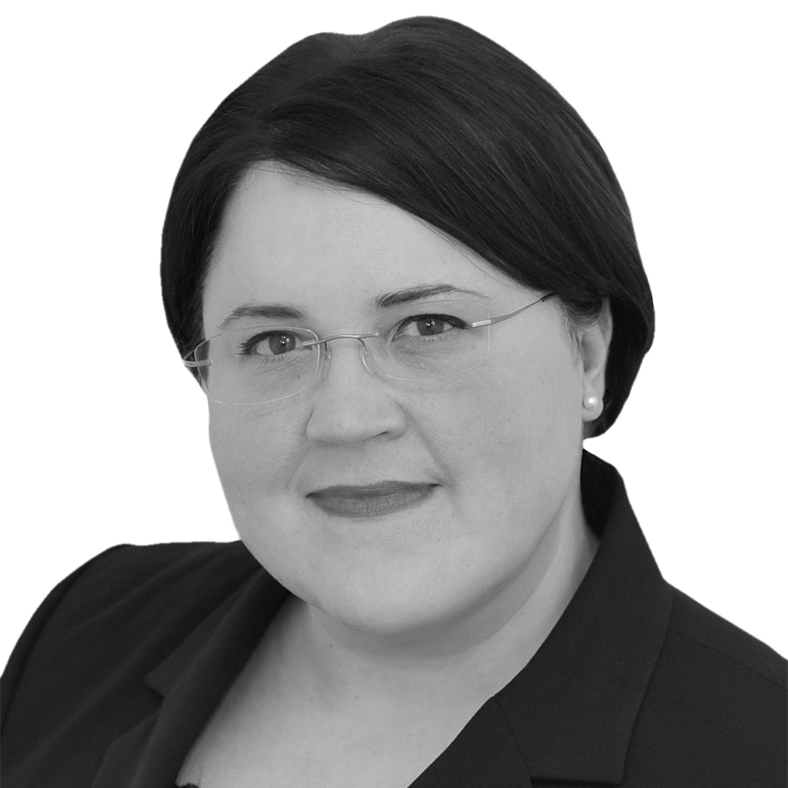
Project Lead for Innovation at the Argonne Leadership Computing Facility, Argonne National Laboratory, USA
Laura Schulz, ISC 2025 Topic Area Chair Quantum Computing, is the Project Lead for Innovation at the Argonne Leadership Computing Facility at Argonne National Laboratory. Prior to that, she was the head of Quantum Computing and Technologies and leads strategic development and partnership initiatives in supercomputing at the Leibniz Supercomputing Centre (LRZ) near Munich, Germany. Before joining LRZ, she was part of the Computation directorate at Lawrence Livermore National Laboratory (LLNL) as well as LLNL’s High Performance Computing Innovation Center (HPCIC), which connects industry with the lab’s novel technologies in HPC. Laura was the lead author of LRZ’s Strategic Plan for Quantum Computing, the PI for Germany’s EuroHPC Joint Undertaking project Euro-Q-Exa, and co-founder of the monthly Bavarian Quantum Computing eXchange (BQCX). She leads multiple efforts toward integrating emerging quantum accelerators into several layers of the HPC ecosystem: from placement and residency in HPC centers, through hardware and software hybridization to user-centric adoption of HPCQC workflows and applications. In Recently, Laura was named an HPCWire 2023 Person to Watch.
HAPPY SITHOLE
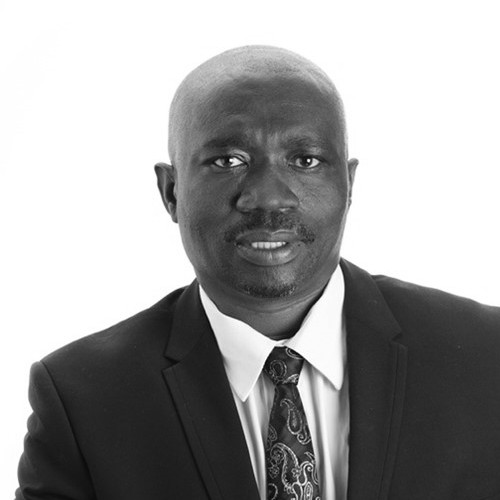
Centre Manager: National Integrated Cyber-Infrastructure System (NICIS), South Africa
Happy Sithole, ISC 2025 HPC in Africa, Latin America & Middle East Chair, is the Centre Manager for the South African cyberinfrastructure (CI) system, NICIS since 2019. He is responsible for the coordination of this system so that it meets the demands of the South African National System of Innovation, in support of the Department of Science and Innovation. This involves the three main entities of the CI, Centre for High-Performance Computing (CHPC), South African National Research Network (SANReN), Data Intensive Initiative of South Africa (DIRISA).
Prior to becoming the CI centre manager, Sithole spent 12 years as the director of the Centre for High Performance Computing. He completed his PhD in materials science, focusing on electronic and atomistic simulation of iron sulphides, at the University of Limpopo, where he also lectured for nine years. He has applied high-performance computing to solve problems in mining industries and nuclear power plant designs, such as at his time at the Pebble Bed Modular Reactor. Sithole also sits on the steering committees of high-performance computing meetings in Germany, Russia , Singapore and Poland. He is the Co-Chair of the Infrastructure Working Group of Global Open Science Cloud Initiative. He was the Chairperson of the ICT Committee of the National Library Board and is currently a board member at the Center for Nuclear Safety (CNSS) at the National Nuclear Regulator. Dr. Sithole also chairs the National Institute for Theoretical Computational Sciences (NITheCS).
BJORN STEVENS
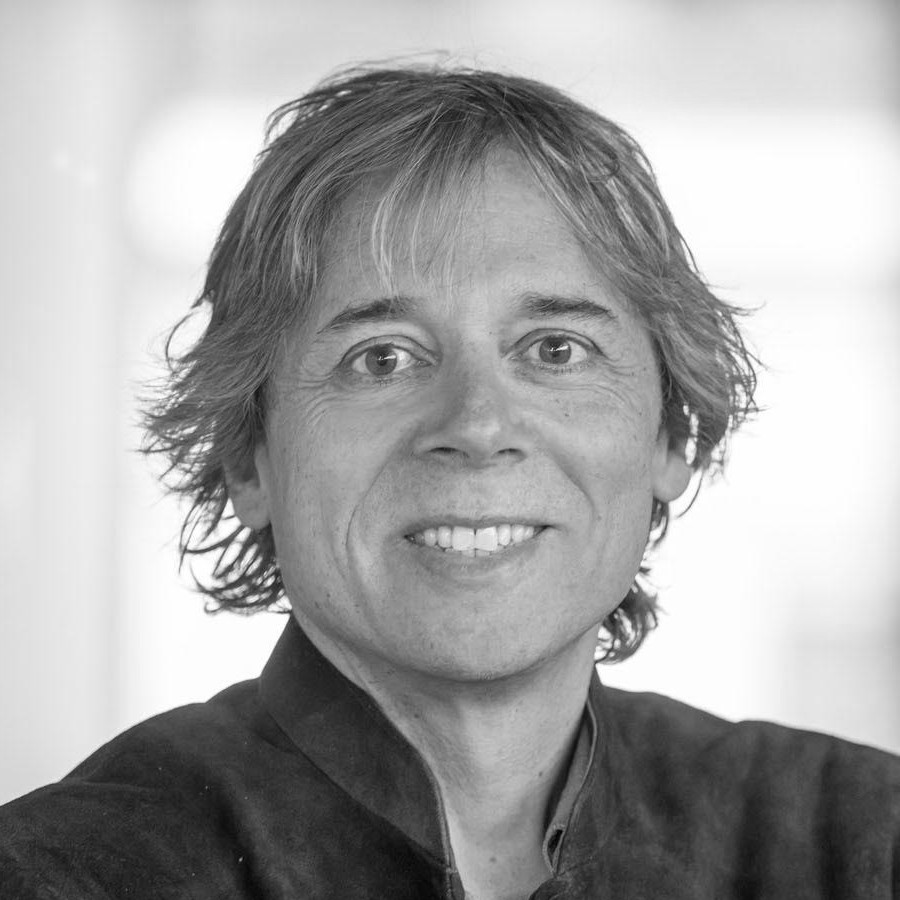
Director of Climate Physics Department, Max Planck Institute for Meteorology Hamburg, Germany
Bjorn Stevens, ISC 2025 Midweek Keynote speaker, directs the Climate Physics Department of the Max Planck Institute for Meteorology in Hamburg. His research has advanced the scientific understanding of how atmospheric water vapor, clouds, and aerosols influence Earth’s climate and climate change. Stevens is among the most cited scientists in the broad field of climate physics world wide, and has initiated and led some of the most influential field studies and modeling initiatives over the past two decades. Stevens co-authored the chapter on clouds and aerosols in the Intergovernmental Panel on Climate Change (IPCC) Fifth Assessment Report and served as a joint lead coordinator for the World Climate Research Programme’s Grand Challenge on Clouds, Circulation, and Climate Sensitivity.
Stevens was a post-doctoral fellow with the Advanced Study Program at the National Center for Atmospheric Research (NCAR) in Boulder, Colorado, from 1996 to 1998. He then received a Humboldt Fellowship to conduct research at the Max Planck Institute for Meteorology from 1998 to 1999. In 1999. He joined the Department of Atmospheric Sciences at the University of California, Los Angeles (UCLA), as an assistant professor, and was promoted to the rank of full professor in 2007. In 2008, Stevens returned to the Max Planck Institute for Meteorology as a Director and Scientific Member, and as Managing Director for two terms (2011-2014, 2021-2024).
Through his leadership at the Max Planck Institute for Meteorology and his research, Stevens continues to contribute profoundly to the field of climate science, enhancing the understanding of atmospheric processes and their implications for global climate change.
MARK STICKELLS

CEO, Pawsey Supercomputing Research Centre, Australia
Mark Stickells, ISC 2025 HPC in Asia-Pacific Chair, is CEO of Australia’s Pawsey Supercomputing Research Centre. Pawsey’s high performance computing and data services support Australian researchers and international radioastronomy projects including the multinational Square Kilometre Array. Pawsey hosts Australia’s leading exascale-class system, Setonix – the Southern Hemisphere’s most powerful, energy efficient supercomputer – and is Australia’s national supercomputing/quantum computing innovation hub. Mark is a member of Australia’s National Quantum Advisory Committee and a non-executive Director of Science and Technology Australia Ltd, a peak body representing more than 225,000 scientists and technologists. In 2024, Mark was appointed a Member of the Order of Australia (AM) for his significant contribution to science, particularly information technology, and to the community, and was also appointed to the Board of the Australian Research Council.
MICHELA TAUFER
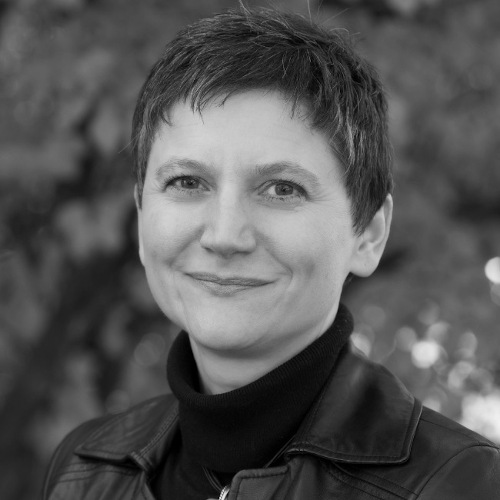
Jack Dongarra Professor in High Performance Computing, The University of Tennessee, USA
Michela Taufer, ISC 2025 Jack Dongarra Early Career Award Committee Chair, is an ACM Distinguished Scientist and holds the Jack Dongarra Professorship in High Performance Computing in the Department of Electrical Engineering and Computer Science at the University of Tennessee Knoxville (UTK). She earned her undergraduate degrees in Computer Engineering from the University of Padova (Italy) and her doctoral degree in Computer Science from the Swiss Federal Institute of Technology or ETH (Switzerland). From 2003 to 2004 she was a La Jolla Interfaces in Science Training Program (LJIS) Postdoctoral Fellow at the University of California San Diego (UCSD) and The Scripps Research Institute (TSRI), where she worked on interdisciplinary projects in computer systems and computational chemistry.
Michela has a long history of interdisciplinary work with scientists. Her research interests include software applications and their advance programmability in heterogeneous computing (i.e., multi-core platforms and GPUs); cloud computing and volunteer computing; and performance analysis, modeling and optimization of multi-scale applications. She has been serving as the principal investigator of several NSF collaborative projects. She also has significant experience in mentoring a diverse population of students on interdisciplinary research. Michela’s training expertise includes efforts to spread high-performance computing participation in undergraduate education and research as well as efforts to increase the interest and participation of diverse populations in interdisciplinary studies.
tobias weinzierl
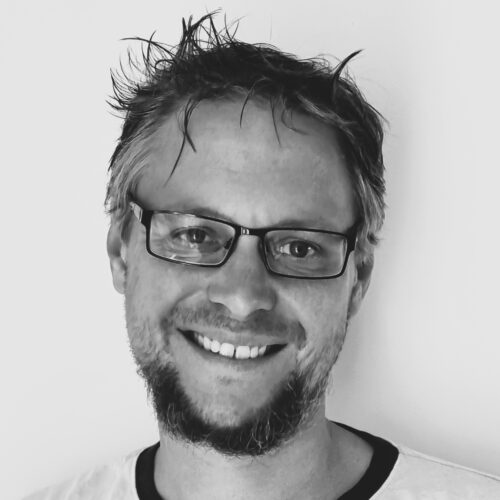
Professor in HPC, Department of Computer Science, Durham University, UK
Tobias Weinzierl, ISC 2025 Proceedings Chair, is Professor in High-Performance Computing (HPC) in the Department of Computer Science at Durham University, where he leads the Scientific Computing research group, and the Director of Durham’s Institute for Data Science (IDAS). After studying Computer Science with a minor in Maths, he obtained a Dr. rer. nat. (PhD) as well as a habilitation in Computer Science from TUM. Tobias has been the inaugurate director of the Master in Scientific Computing and Data Analysis (MISCADA), he is the PI on multiple HPC projects tied to the UK’s exascale programme ExCALIBUR, and he heads the UK’s first Intel oneAPI Centre of Excellence.
He is particularly interested in efficient ways how to translate state-of-the-art algorithms – multigrid, higher-order DG or SPH formalisms – into fast code that fits to modern architectures, and how to create performance-portable algorithms and code. Where possible, his work feeds into open source software.
